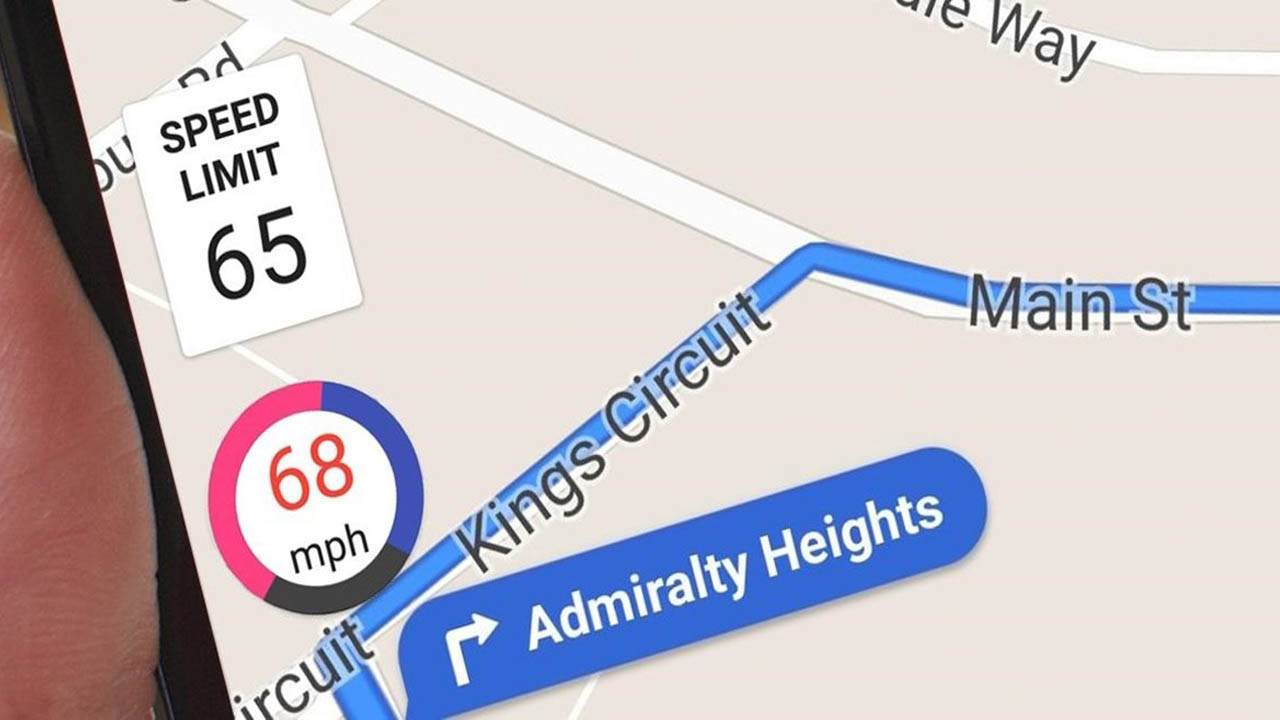In the world of cryptocurrency, Ethereum (ETH) and Ethereum 2.0 (ETH2) are two of the most popular platforms. They are both based on the same underlying technology, but they have some key differences that set them apart. In this article, we will discuss the differences between ETH and ETH2 and how they can be used in different ways.
First, let’s look at Ethereum (ETH). ETH is a public blockchain platform that was created in 2015. It is a distributed ledger technology that allows developers to create and deploy applications on the Ethereum network. ETH is powered by its own cryptocurrency, Ether, which is used to pay for transaction fees and other services on the network.
Ethereum 2.0 (ETH2) is an upgrade to the existing Ethereum network. It was proposed in 2019 and is expected to be fully operational by 2021. ETH2 is designed to improve the scalability, security, and efficiency of the Ethereum network. It will also introduce new features such as sharding and Proof-of-Stake (PoS) consensus.
The main difference between ETH and ETH2 is in their consensus mechanisms. ETH uses a Proof-of-Work (PoW) consensus mechanism, which requires miners to solve complex mathematical problems in order to validate transactions and add new blocks to the blockchain. ETH2, on the other hand, uses a PoS consensus mechanism, which requires users to stake their Ether in order to validate transactions and add new blocks to the blockchain.
Another difference between ETH and ETH2 is in their transaction speeds. ETH can process up to 20 transactions per second, while ETH2 can process up to 100,000 transactions per second. This makes ETH2 much faster and more efficient than ETH.
Finally, ETH and ETH2 have different fees associated with transactions. ETH has a higher transaction fee, while ETH2 has a much lower fee. This makes ETH2 more attractive to users who want to make low-cost transactions.
In conclusion, ETH and ETH2 are two different platforms based on the same underlying technology. They both have their own advantages and disadvantages, and they can be used in different ways. ETH is better suited for applications that require high transaction speeds and low fees, while ETH2 is better suited for applications that require high security and scalability.






















